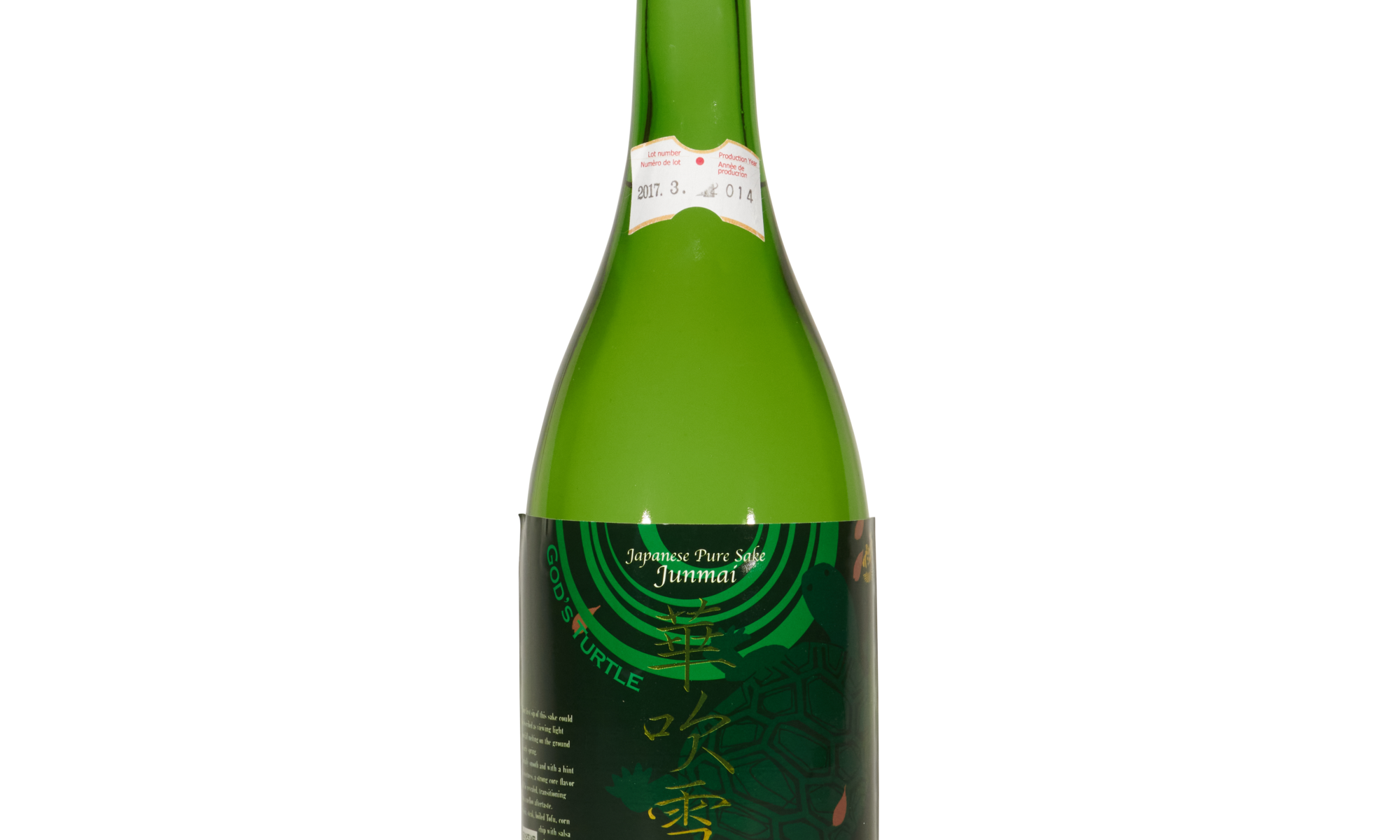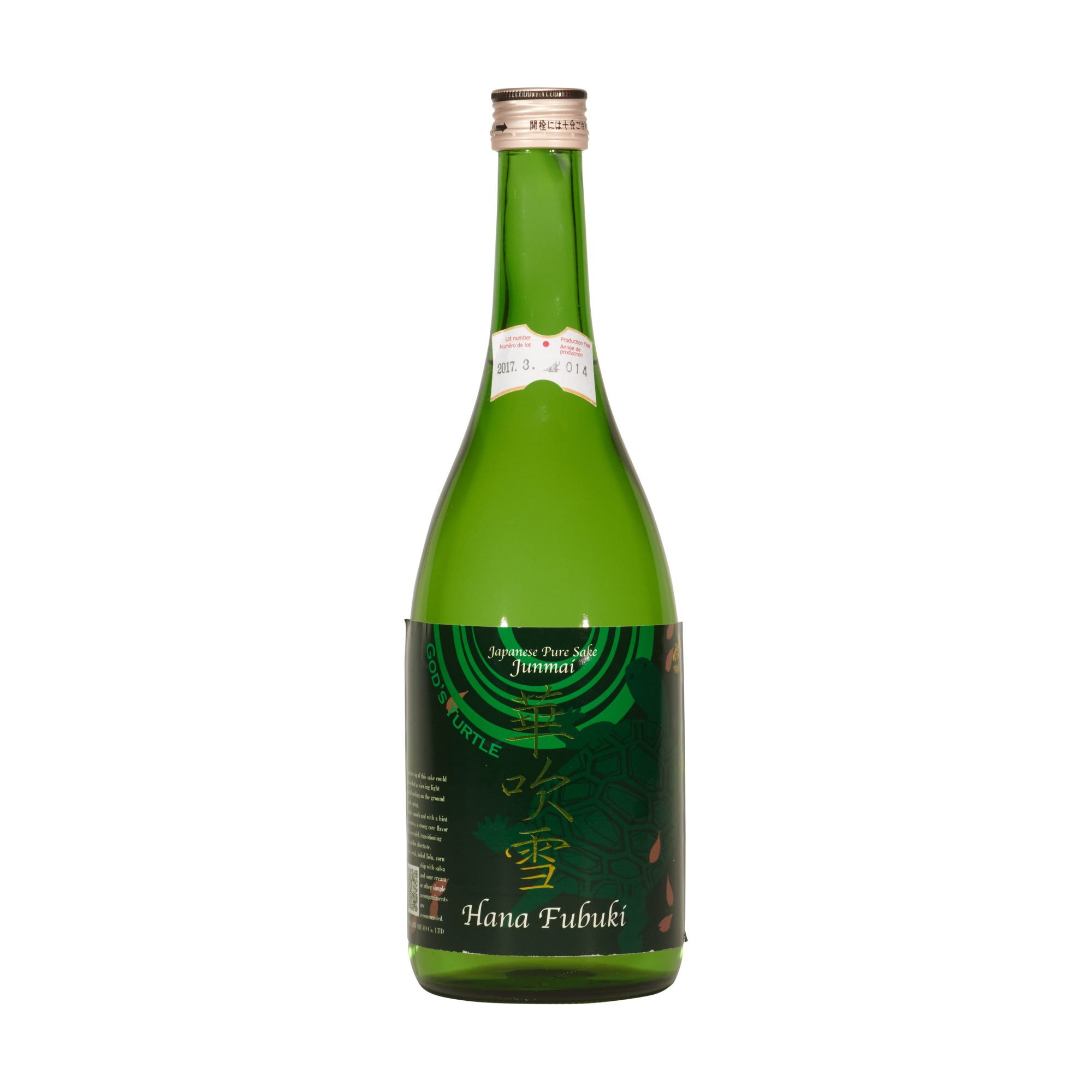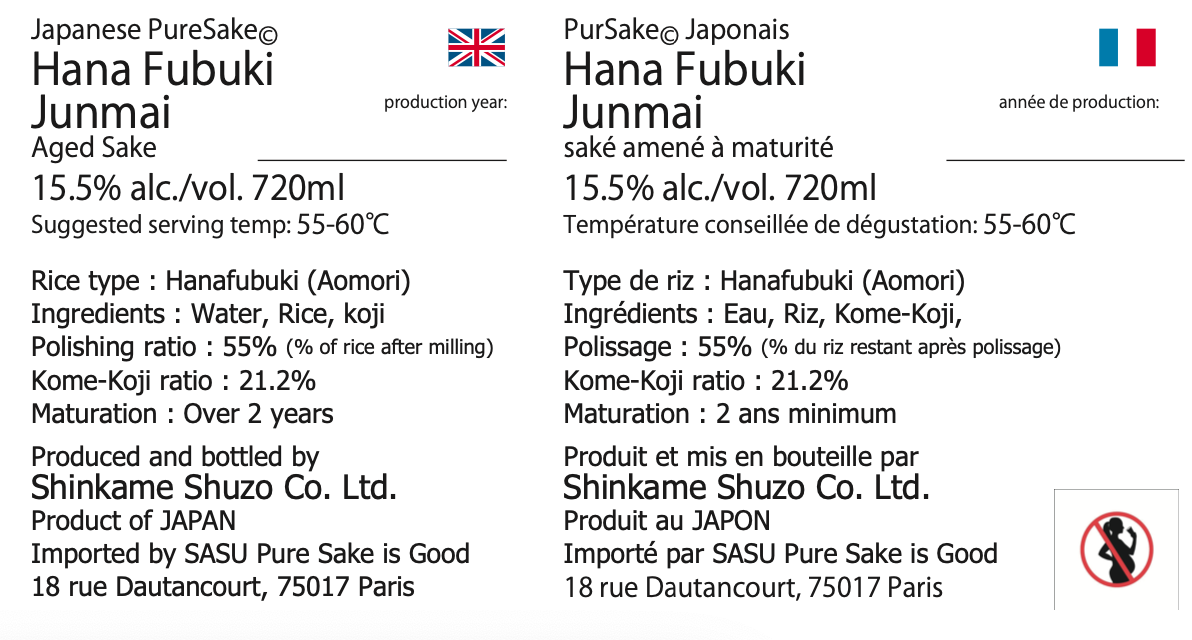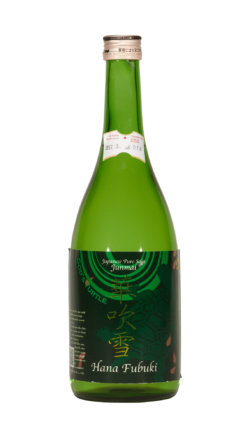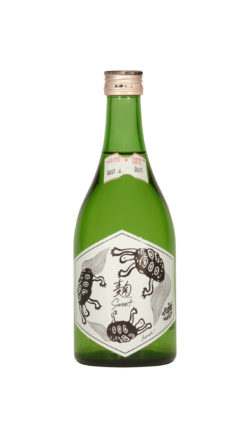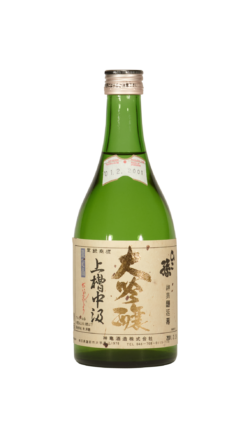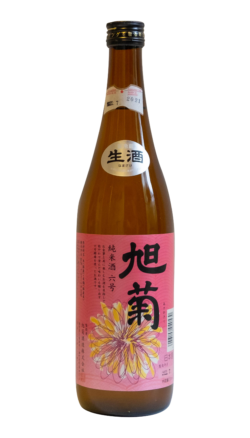| Weight | N/A |
|---|---|
| Sizes | N/A |
| Type of sake | |
| Brewery | Shinkame |
| Brassé par | |
| Prefecture | Saitama |
| Vintage | 2016, 2015, 2014, 2013, 2012 |
| Volume | 1.8l, 72cl, 30cl |
| Alcohol | 15.5% |
| Temperature | 55-60°C |
| Method | Sokujo moto |
| Junmai | Yes |
| Ingredients | Eau, Kome- Koji, Levures, Riz |
| Type of rice | Hanafubuki |
| Origin of rice | Aomori prefecture |
| Yeast | Kyugo n°9 |
| Komekoji | 21.2% |
| Cuisson | |
| Polishing | 55% |
| Reduction | Yes, quantity not communicated by the brewer |
| Filtration | Micro filtration papier |
| Maturation | 3 ans minimum |
| Press |
Hanafubuki Junmai
900,00 € – 3.400,00 €
Your first sip of this sake could be described as a light snowfall melting on the ground in late autumn. Smooth at first, with a hint of sweetness, a strong core taste, developing into a smooth, velvety aftertaste. Tuna sushi, sirloin steak, foie gras, a simple cuisine of good products. Or simply cheese, a blue cheese from Auvergne for example!
Hanafubuki Junmai
900,00 € – 3.400,00 €Hanafubuki Junmai
Your first sip of this sake could be described as a light snowfall melting on the ground in late autumn. Smooth at first, with a hint of sweetness, a strong core taste, developing into a smooth, velvety aftertaste. Tuna sushi, sirloin steak, foie gras, a simple cuisine of good products. Or simply cheese, a blue cheese from Auvergne for example!
Informations sur la brasserie Shinkame
Established in 1848 in Saitama, the literal translation of the brewery's name is "holy turtle". Legend has it that many generations ago there was a shrine behind the brewery that celebrated the god of wisdom. A turtle lived there and was considered to be the messenger of this god.... more prosaically the turtle is an animal that lives very long, sometimes beyond the life of humans. It is a symbol of longevity.
After fighting for the revival of traditional sake since 1966, in 1987 Shinkame Brewery became the first brewery to produce only Junmai sake (pure rice sake)
It makes Kome-koji using the koji-buta method for all of its sake, which is the most labour-intensive and artisanal method of production. Some breweries use the kojibuta method only for their highest quality sake.
The brewery ages its sake for a minimum period of 2 to 3 years, even for its standard products. This ageing makes the sake smooth, complex and melts on the palate.

